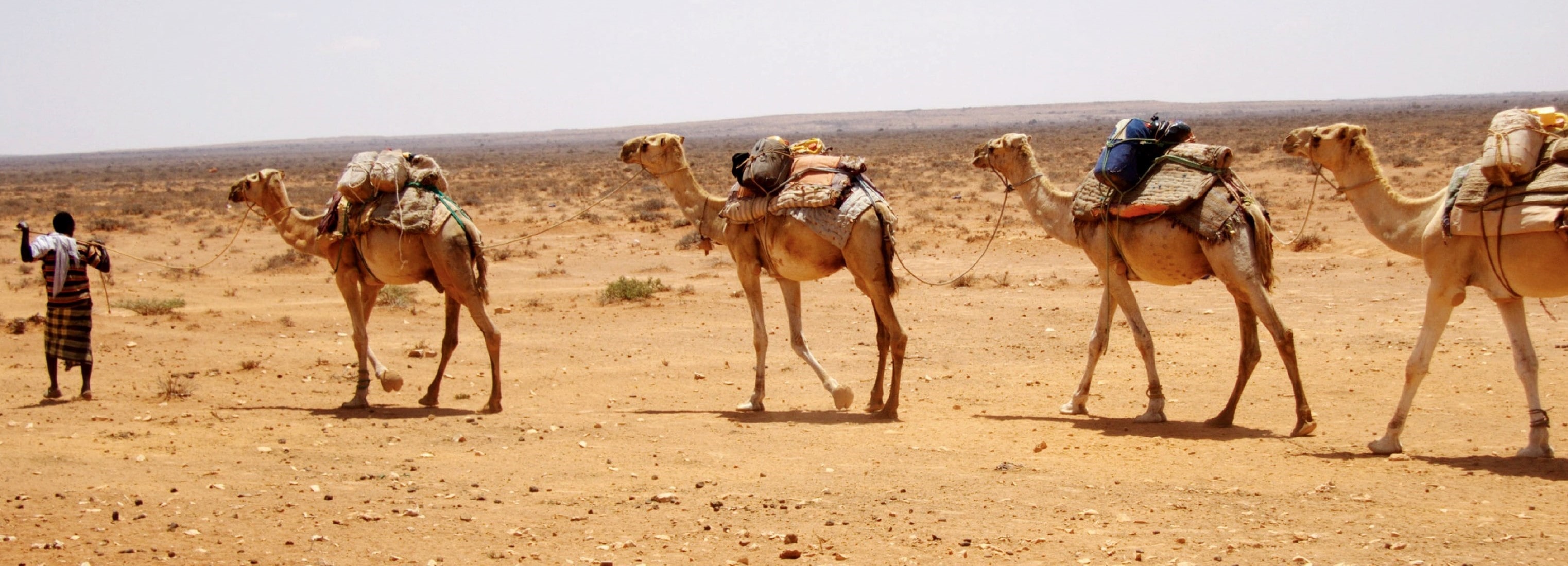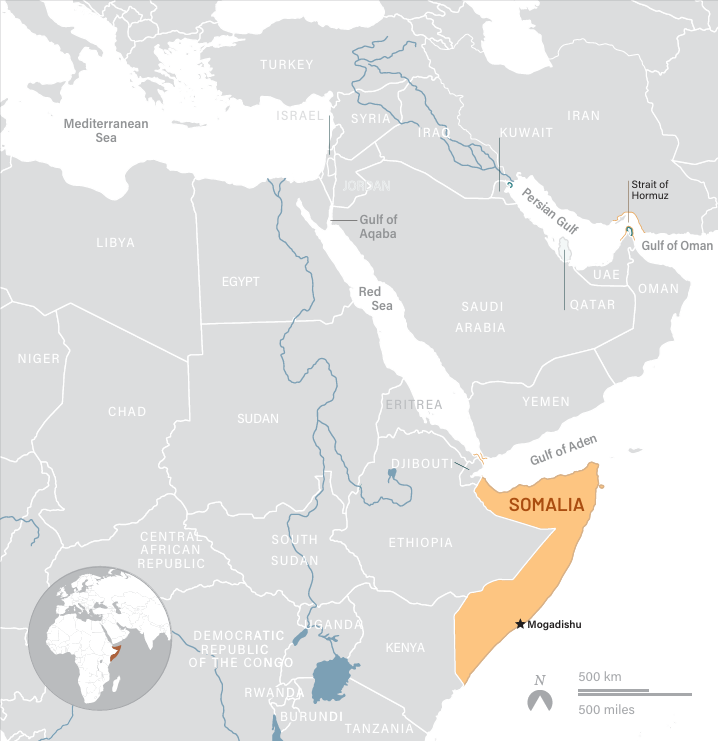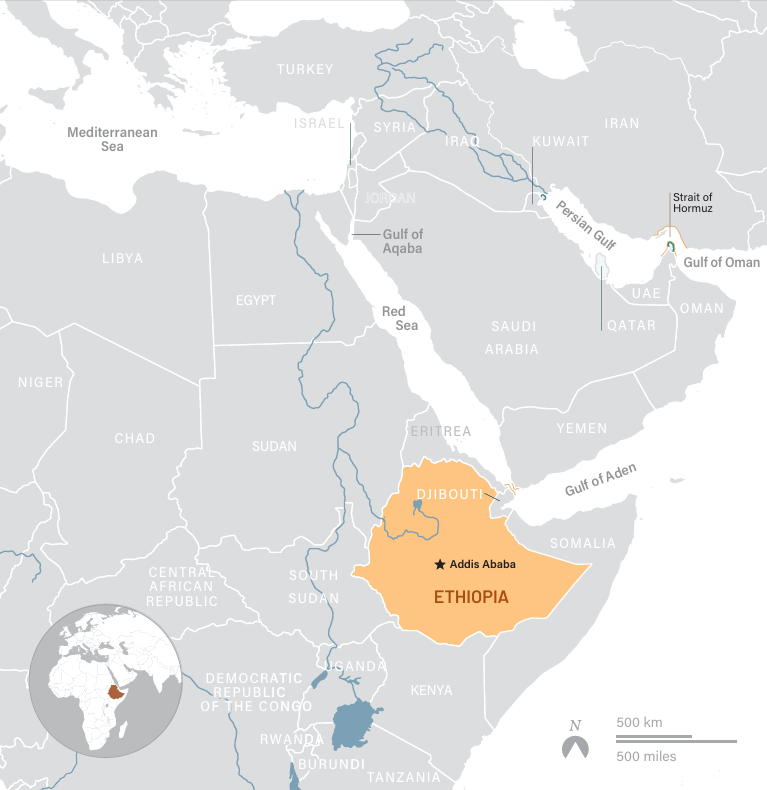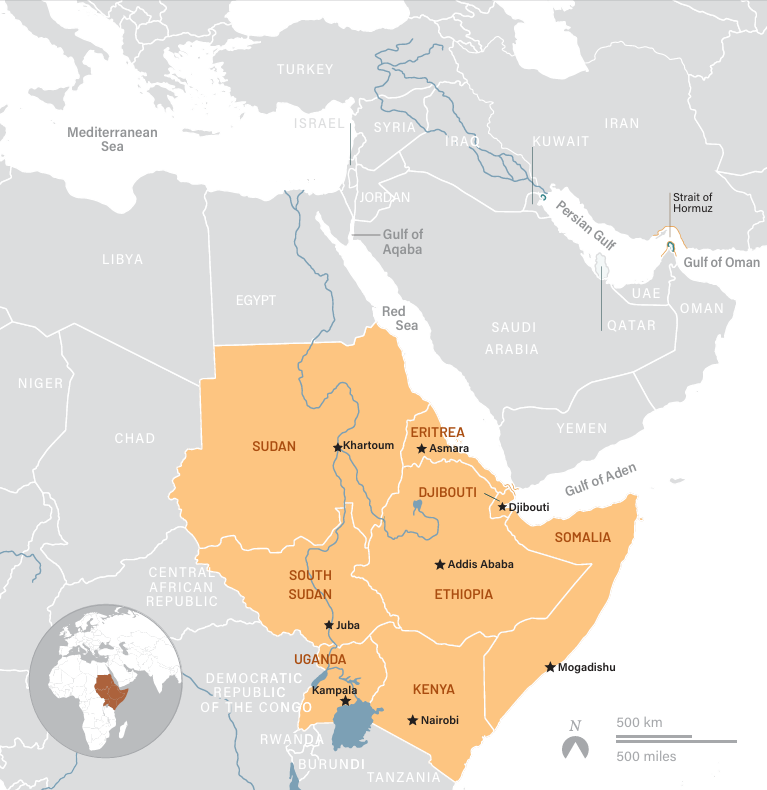
Sahan
Pathfinders in Policy & Practice




Sahan conducts continuous monitoring and analysis of security dynamics, threats, and responses across the Horn of Africa, leads scenario-building exercises, and provides professional education for new and experienced partners working in the region. Our services of focus are the following
With over a decade of experience, Sahan provides expert security analysis, risk management, and policy advisory across the Horn of Africa—backed by unique access to key networks and real-time insights into regional threats.
Sahan supports good governance across the Horn of Africa by facilitating inclusive political processes, producing evidence-based insights, and guiding institutional reform through locally grounded, transparent approaches.
Sahan provides strategic geopolitical research and analysis on the Horn of Africa, examining external influence, political transitions, and regional security to support informed, evidence-based policymaking.
Sahan offers expert-led professional development seminars—both public and customized—equipping policymakers, diplomats, and analysts with practical tools and insights to address political, security, and geopolitical challenges in the Horn of Africa.


Since October 2020, the Somali Wire has led the way in reporting accurate and timely news from Somalia and beyond. Offering coverage of politics, security, economics and more, this bulletin remains one of the most widely cited and respected sources on Somalia.

Launched in August 2021, the Ethiopian Cable delves into Ethiopia’s complex political and socio-economic landscape. Published every Tuesday, each edition features key stories translated from Amharic and Tigrinya, providing context-rich coverage of current events.

The Horn Edition, launched in September 2023, casts a spotlight on developments across the wider Horn of Africa. Created in response to the conflict in Sudan, it provides a region-wide perspective through curated and summarised stories from Djibouti, Eritrea, Ethiopia, Kenya, South Sudan, and Sudan.

Stay informed with our most recent daily publications and expert commentary.
Gedo has long served as a useful barometer for the health of relations between Nairobi, Mogadishu, and Addis. Straddling the tri-border Mandera Triangle, the Mareehaan-dominated region of Jubaland has been a key staging post for Al-Shabaab's continued infiltration into Kenya and Ethiopia for years. And as such, both Nairobi and Addis have a vested stake in Jubaland as a security buffer zone against the jihadists, developing close ties with key political actors within Gedo and the southern Federal Member State-- which they helped co-establish in 2013. Over a decade later, with Hassan Sheikh Mohamud back at the helm in Mogadishu, the focus has returned to Gedo, as he has resorted to a well-known destabilising playbook by attempting —and failing —to wrest the Mareehaan into Villa Somalia's orbit. But amid the government's months-long campaign to destabilise Gedo, including seizing Garbahaarey and Luuq from control of Jubaland to carve out Darood tents for its rigged elections, Addis has remained silent-- until now.
Ethiopia is fast approaching another grim anniversary-- two years of the Fano insurgency in the Amhara region, an armed conflict that shows no sign of abating and that has exacted a savage humanitarian toll. In August 2023, a disparate collection of former militiamen from the Tigray war, former Amhara Special Forces, and disgruntled farmers under the banner of 'Fano' militias escalated their operations, attacking and seizing government buildings and military posts in the Amhara region. In the preceding months, the government had sought to suppress elements of their former allies, seeking to arrest and disarm the varied movement with prominent strains of Amhara nationalism, but to no avail. And in the two years since Fano fighters briefly seized Lalibela on 1 August 2023, much of the Amhara region has witnessed a near-total breakdown in governance and law and order, with several thousand killed and many tens of thousands displaced.
It is now official: Somalia’s National Security Adviser (NSA) Hussein Sheikh Ali, aka “Hussein Ma’alin’ has stepped down. On his X (formerly Twitter) handle, Hussein described himself as “former” NSA. On Sunday evening, the Office of the Prime Minister put out a short statement to say Mukhtar Mohammed Hassan has been appointed acting National Security Adviser. Mukhtar is not well-known and the assumption of many is that he will be a placeholder until a suitable replacement is found. Both Hussein and Villa Somalia remain reticent in explaining what exactly happened and why the changes are being made.
In December 2023, the final elements of the UN Security Council sanctions regime were lifted on the Somali federal government. Mogadishu's celebrations were rapturous, with President Hassan Sheikh Mohamud declaring that Mogadishu could now "purchase any weapons needed" and that "friendly nations and allies" could hand over the "necessary weapons without any limitations or restrictions." After years of lobbying, the final albatross around the neck of the federal government was to be lifted, and the Somali National Army (SNA) handed the heavy firepower required to conquer Al-Shabaab once and for all. Of course, over 18 months on, quite the reverse has happened, with Al-Shabaab having swept across much of central Somalia since February-- despite the glut of Egyptian and Turkish weapons donated to Villa Somalia in the past year. And Puntland's seizure of the MV Sea World, a Comorian-flagged vessel carrying Turkish arms and armoured vehicles last week, has thrown the question of the lifting of the arms embargo back into the open.
Of any region in the world, the Horn of Africa is home to some of the oldest, richest, and varied religious traditions, featuring sites such as the Masjid al-Qiblatayn in Zeila and artefacts from the ancient Axumite kingdom in Tigray. For centuries, faith has and continues to play an integral part in the daily lives of most within the region, with Islam and Christianity the two dominant religions today. And in turn, spiritual life has naturally shaped the politics of the Horn, with elites having long grappled with how best to accommodate, co-opt, or suppress religious movements and identities. Over the centuries, this has encompassed Muslim leaders couching their fight in the rhetoric of jihad as well as the 'civilising' expansion of the Orthodox Christian Ethiopian Emperors into neighbouring regions in the 19th century.
In just a handful of days, Sabiid in Lower Shabelle has fallen back to Al-Shabaab, Turkish arms linked to government-aligned arms traffickers were seized off Puntland's coast, and armed clashes erupted in Beledhawo in Gedo between Jubaland and federal troops. With the immediate threat of Mogadishu falling to Al-Shabaab having passed for the time being, Villa Somalia has returned to its favoured agenda, wielding its security apparatus not against the jihadists but against political opposition. Subsequent violence in Gedo, Sanaag, and the collapse of the Lower Shabelle operations are all emblematic of Villa Somalia reverting to its coercive tactics to attempt to forcibly impose its will on the peripheries. But it is losing-- and badly, having entirely failed to learn the lessons of Ras Kamboni in December 2024 when federal troops were routed by Jubaland.